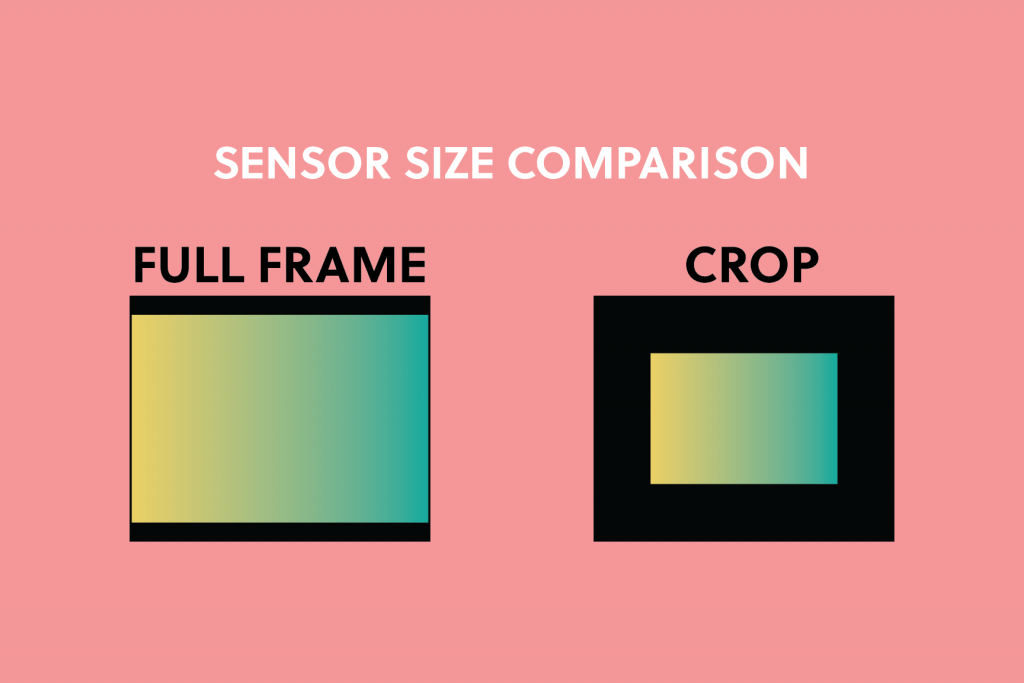Full frame vs. crop sensor: Choosing the best camera for you
Choosing the correct camera that suits your needs is one of the biggest decisions a photographer has to make. When choosing a camera, you take into account several important things: brand, sensor size and price point. The sensor size can greatly impact your price point and can be somewhat hard to understand. If you are finding it difficult to choose, here’s a guide to help you find the best camera for you.

When researching cameras you’ll be faced with a dilemma. Will you go for the crop sensor or full frame?
Many photographers start out with a crop sensor for a digital single-lens reflex camera (DSLR), which is usually deemed at a beginner level. However, this is a misconception because they actually have a lot of advantages.
Unless you are using an APS-C lens — which is a lens specially made for crop-sensor cameras — crop sensors do essentially that, crop. Most multiply the focal length of a normal full-frame lens by x1.5. This would make a normal 50mm lens work similarly to a 75mm. While a crop-sensor DSLR doesn’t provide the same level of image quality as a full-frame DSLR, it does offer a major decrease in price. It can also be very effective for telephoto photography for the extra reach gained from the crop-sensor multiplier. This can be very useful when shooting sports, wildlife and other types of photojournalism. Another advantage to crop-sensor DSLR is that they are significantly lighter than a full-frame DSLR.

50mm on full frame 5 feet away. Photo by Tyler Judson. 
50mm on crop sensor 5 feet away (same distance). Photo by Tyler Judson.
Full-frame DSLR’s are great for capturing details and wide angles. The higher amount of pixels allows for a greater level of detail and allows photos to be printed on a larger scale. While they are heavier, have a higher price point and take up more space, this is usually the type of camera you will see a professional photographer use. There is a wider variety of lenses that you will be able to use over crop sensor, giving you more creative control in certain shots. These cameras also usually have a higher actuation rate which means a longer camera lifespan.
Recap
Full-frame DSLR
Pros
- Higher dynamic range and quality
- Longer lifespan
- Wider lens variety
- Better ISO performance
- Enhanced low-light capabilities
- Higher frames per second
Cons
- Higher price point
- Bulkier and heavy
- No crop factor for telephoto
- Larger file sizes
Crop-sensor DSLR
Pros
- Lightweight
- Lower price point
- Great for astrophotography, sports and wildlife.
- Smaller file size
Cons
- Shorter lifespan
- More noise in high ISO scenarios
- Not ideal in low light
- Focal lengths will only be true when using APS-C lenses


























